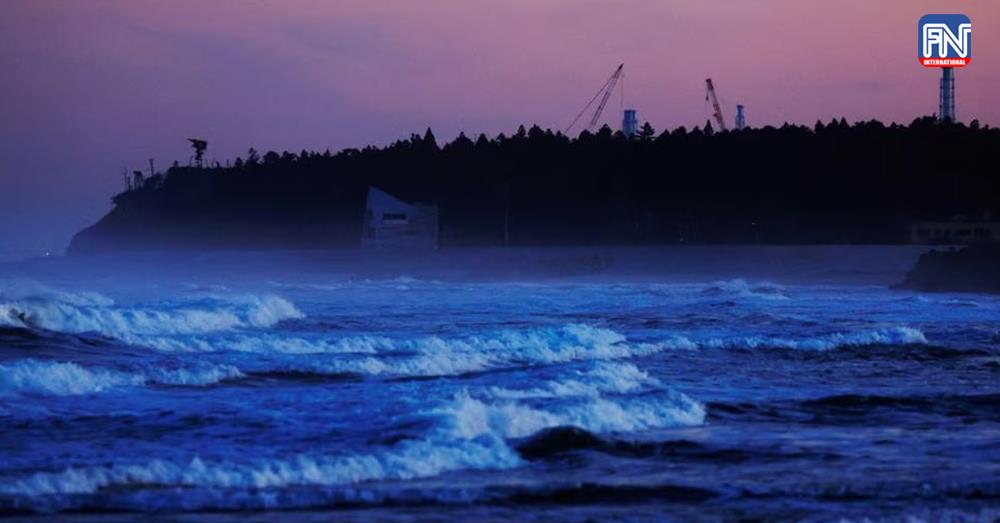TOKYO, July 5 (Reuters) - The Japanese government is looking to start the release of treated radioactive water from the wrecked Fukushima Daiichi nuclear plant as early as in August after receiving a stamp of approval from the U.N.'s nuclear watchdog, the Nikkei reported.
In a major milestone for the process of decommissioning the power plant destroyed in the massive earthquake and tsunami in 2011, the International Atomic Energy Agency (IAEA) on Tuesday said a two-year review showed Japan's plans for the water release were consistent with global safety standards.
Tokyo had said in January that it planned to start pumping the water into the ocean "around spring to summer" but has not specified a date pending official approval from the national nuclear regulatory body, expected as early as this week.
With the IAEA's endorsement, Prime Minister Fumio Kishida said on Tuesday his country would aim to gain acceptance both domestically and internationally.
Local Japanese fishing unions have long opposed the plan, saying it would undo work to repair reputational damage after several countries banned some Japanese food products for fear of radiation.
Some neighbouring countries have also raised concern over the threat to the environment, with Beijing emerging as the biggest critic.
Japan says the water has been filtered to remove most radioactive elements except for tritium, an isotope of hydrogen that is difficult to separate from water. The treated water will be diluted to well below internationally approved levels of tritium before being released into the Pacific.





